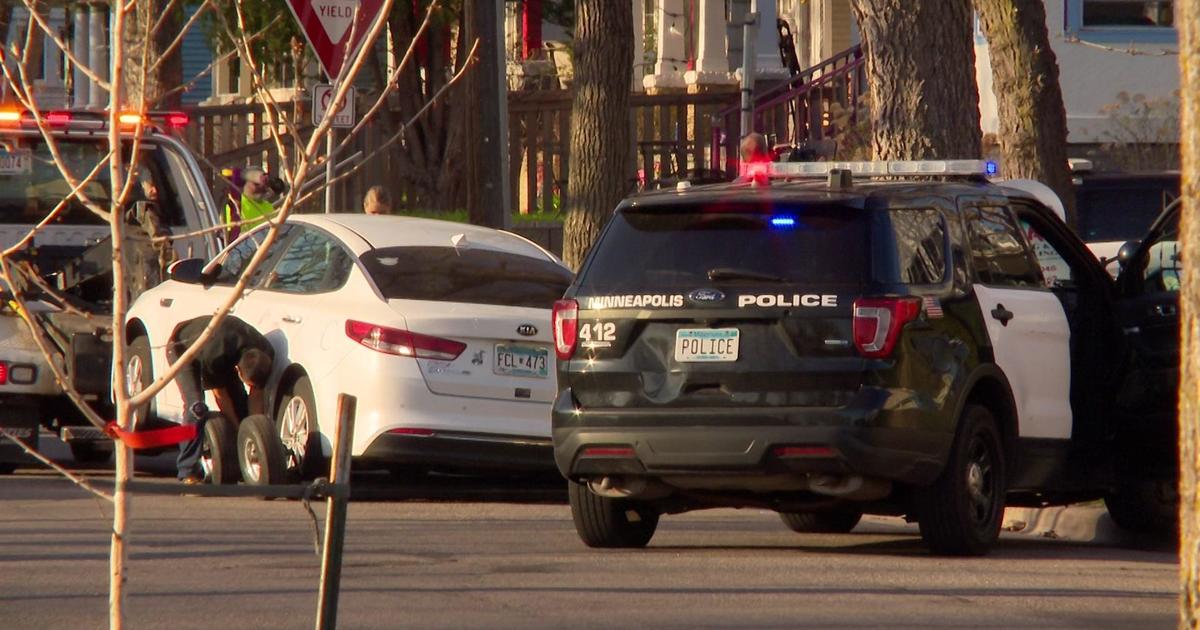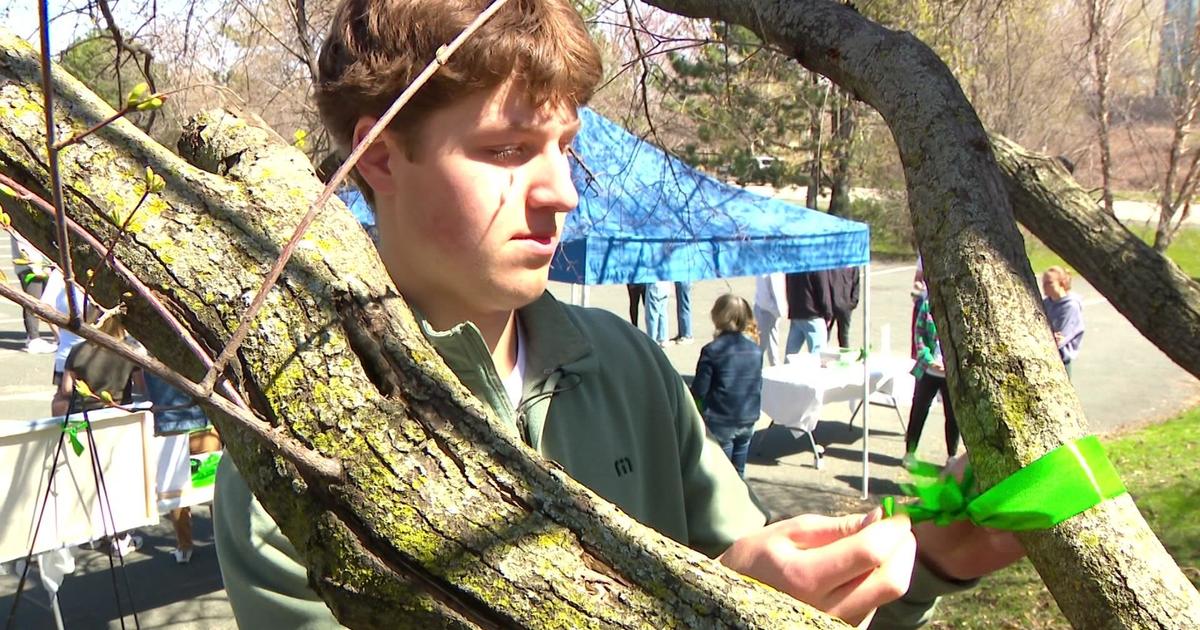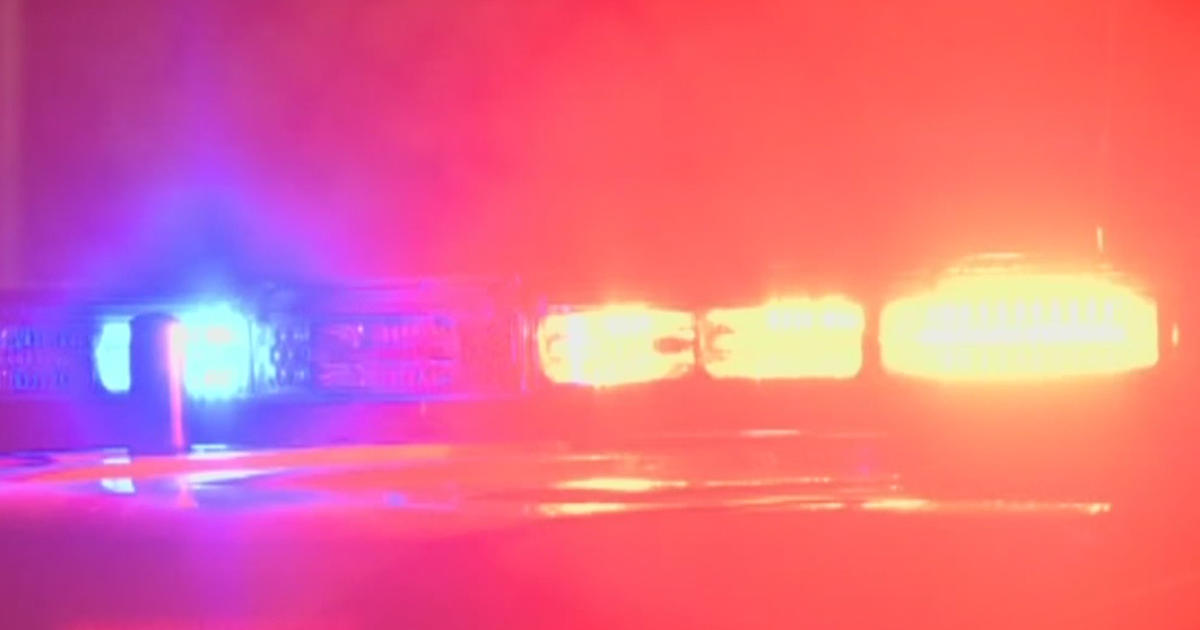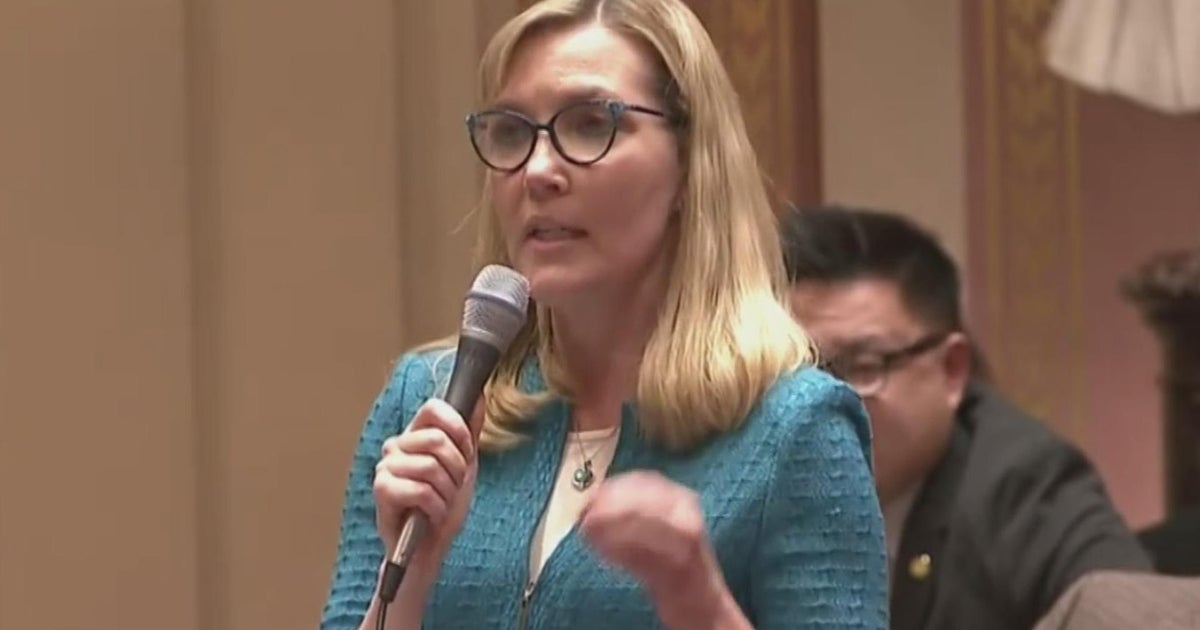'Mental Health Is Not A Crime': Calls Renewed To Improve Response To Mental Health Crises
MINNEAPOLIS (WCCO) -- The officer-involved shooting of a north Minneapolis man is renewing calls to improve response to mental health calls.
Thirty-six-year-old Travis Jordan was in crisis. A 911 call from a friend informed dispatchers that he was not violent but mentioned he wanted to die.
When police arrived, Jordan brandished a knife. Officers then fired, taking his life.
Paul Johnson believes his friend and roommate, Jordan, should be alive today.
"How would you feel if you were in a place mentally and you feel like hurting yourself, and the people who show up, show up aggressively with weapons?" Johnson said. "Mental health is not a crime. The police were called for a non-crime call and they shot him like a criminal."
Johnson says the Minneapolis Police Department's mental health co-responder program was not an option for his friend because it does not exist on the city's north side.
"To deny one area that and give it to another area; what are we saying about those people that they are not good enough, that they don't deserve it," Johnson said.
MPD's co-responder program pairs officers with counselors on call involving mental health issues.
The pilot program was introduced in the third and fifth precincts in south Minneapolis, and will expand to the first precinct in downtown Minneapolis in 2019.
The numbers dictated where the program started. Out of 4,925 calls last year for mental health help, more than half were in the third and fifth precincts.
Fourth Ward City Councilmember Phillipe Cunningham says he would like to see the co-responder program expanded to give the public direct access to mental health counselors.
"I don't really trust the data as is, and the reason why, is because when it comes to the north side, folks don't feel comfortable calling the police, especially folks of color, especially in a mental health crisis," Cunningham said. "It's actually something that came out of the third and fifth precincts pilot program where they found that people going through crisis actually would directly contact the co-responders, rather than call 911."



